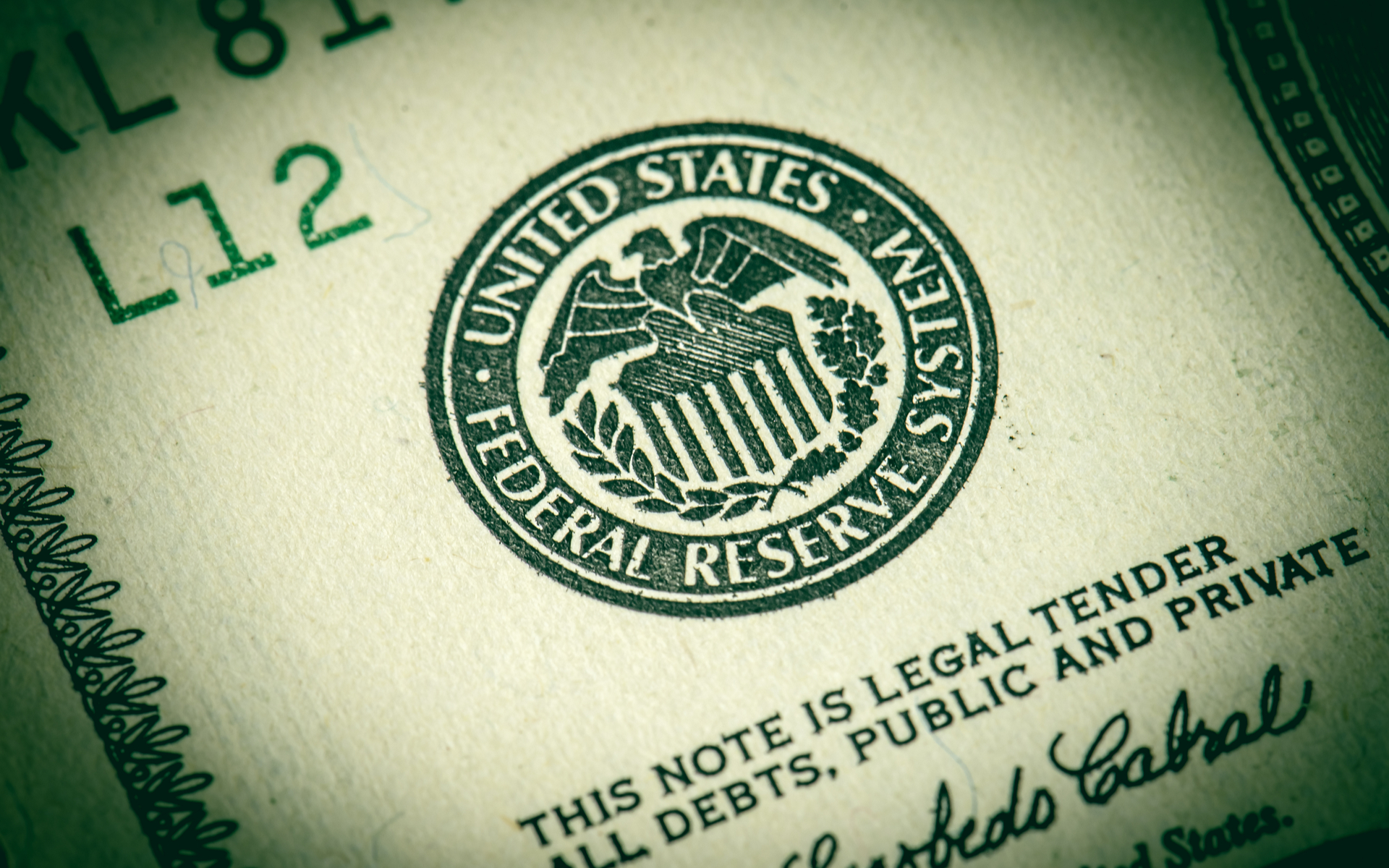PALO ALTO, Calif. (Reuters) - The Federal Reserve is taking a look at a broad variety of concerns around digital payments and currencies, including policy, style and legal factors to consider around potentially issuing its own digital currency, Guv Lael Brainard said on Wednesday. Brainard's remarks recommend more openness to the possibility of a Fed-issued digital coin than in the past." By transforming payments, digitalization has the possible to provide higher worth and convenience at lower expense," Brainard said at a conference on payments at the Stanford Graduate School of Company.
Central banks internationally are discussing how to handle digital financing innovation and the distributed journal systems used by bitcoin, which assures near-instantaneous payment at possibly low expense. The Discover more Fed is developing its own day-and-night real-time payments and settlement service and is currently evaluating 200 remark letters submitted late in 2015 about the proposed service's style and scope, Brainard said.

Less than 2 years ago Brainard informed a conference in San Francisco that there is "no compelling demonstrated need" for such a coin. But that was prior to the scope of Facebook's digital currency aspirations were commonly understood. Fed officials, consisting of Brainard, have raised concerns about consumer securities and data and privacy hazards that could be positioned by a currency that could come into use by the third of the world's population that have Facebook accounts.
" We are collaborating with other main banks as we advance our understanding of central bank digital currencies," she said. With more countries checking out issuing their own digital currencies, Brainard said, that contributes to "a set of reasons to Great site also be ensuring that we are that frontier of both research and policy advancement." In the United States, Brainard said, concerns that require research study include whether a digital currency would make the payments system more secure or simpler, and whether it might posture monetary stability dangers, including the possibility of bank runs if cash can be turned "with a single swipe" into the reserve bank's digital currency.
To counter the monetary damage from America's extraordinary national lockdown, the Federal Reserve has taken unmatched steps, including flooding the economy with dollars and investing straight in the economy. The majority of these moves received grudging acceptance even from lots of Fed doubters, as they saw this stimulus as required and something only the Fed might do.
My brand-new CEI report, "Government-Run Payment Systems Are Unsafe at Any Speed: The Case Against Fedcoin and FedNow," details the threats of the Fed's existing prepare for its FedNow real-time payment system, and propositions for central bank-issued cryptocurrency that have actually been dubbed Fedcoin or the "digital dollar." In my report, I discuss concerns about personal privacy, data security, currency adjustment, and crowding out private-sector competitors and innovation.
Proponents of FedNow and Fedcoin say the government needs to create a system for payments to deposit quickly, instead of encourage such systems in the personal sector by raising regulatory barriers. However as noted in the paper, the private sector is providing a relatively unlimited supply of payment technologies and digital currencies to solve the problemto the level it is a problemof the time space in between when a payment is sent out and when it is received in a checking account.
And the examples of private-sector development in this location are lots of. The Clearing House, a bank-held cooperative that has been routing interbank payments in different types for more than 150 years, has actually been clearing real-time payments since 2017. By the end of 2018 it was covering 50 percent of the deposit base in the U.S.